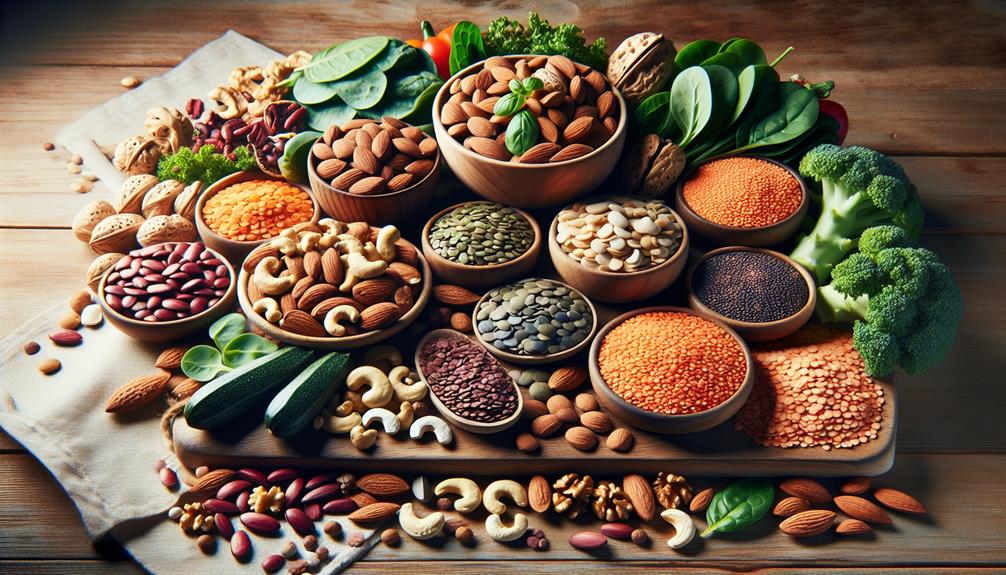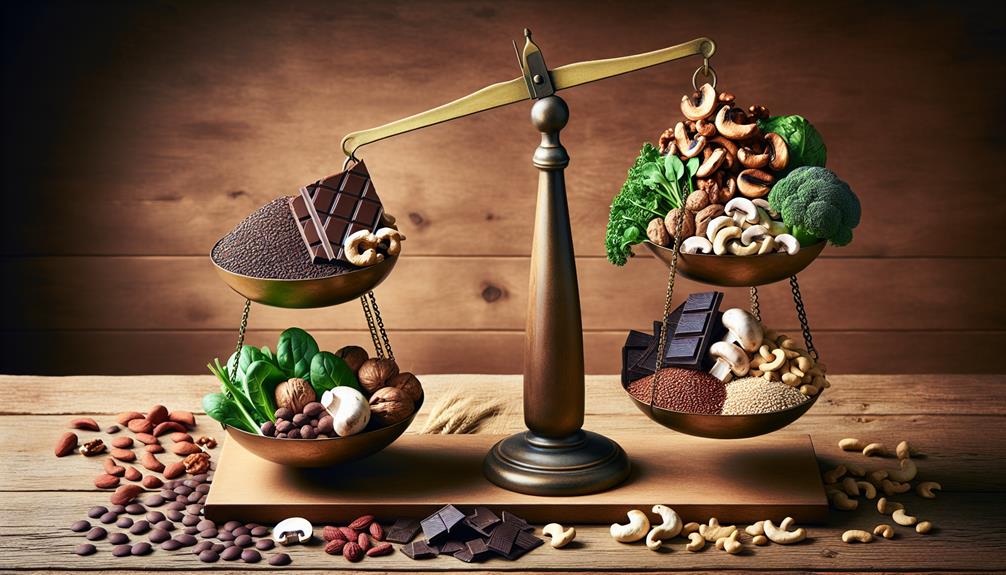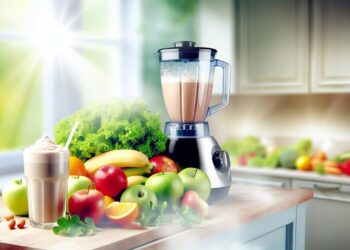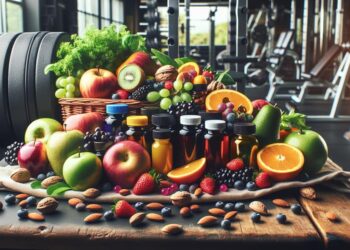Balancing your copper intake can be tricky yet crucial for your overall well-being. As you strive for a healthy diet, understanding how to manage this essential mineral is key.
Are you aware of the impact copper levels can have on your health? Before you dismiss its significance, consider the subtle ways it influences your body functions.
Let's explore how a careful balance of copper intake can lead to improved health outcomes and vitality.
Key Takeaways
- Include copper-rich foods like nuts and whole grains in your diet.
- Monitor zinc intake to prevent interference with copper absorption.
- Consult healthcare providers for copper deficiency concerns.
- Avoid copper supplements without professional advice to maintain balance.
Importance of Copper in Diet
Understanding the vital role copper plays in your diet is essential for maintaining optimal health and well-being. Copper is a mineral that your body can't produce on its own, making it crucial to obtain through dietary sources.
The benefits of copper are vast, as it plays a key role in various bodily functions. One of its primary functions is aiding in the absorption of iron, another essential mineral necessary for overall health. Copper also contributes to the production of red blood cells, which are vital for oxygen transport throughout your body.
Moreover, copper acts as an antioxidant, helping to protect your cells from damage caused by free radicals. This mineral is also involved in the formation of collagen, which is essential for the health of your skin, bones, and connective tissues.
Ensuring an adequate intake of copper can positively impact your immune system, brain function, and overall energy levels. By understanding the importance of copper in your diet, you can take proactive steps towards promoting your health and well-being.
Recommended Daily Copper Intake
To maintain optimal health and well-being, it's important to be aware of the recommended daily intake of copper. Copper is an essential mineral that plays a crucial role in various bodily functions. The recommended daily copper intake for adults is around 900 micrograms per day. However, copper absorption rates can vary based on factors such as age, gender, and overall health status.
Dietary sources rich in copper include nuts, seeds, whole grains, legumes, shellfish, organ meats, and dark leafy greens. Consuming a balanced diet that incorporates these foods can help ensure you meet your daily copper requirements. It's important to note that excessive copper intake can lead to toxicity, causing symptoms such as nausea, vomiting, and liver damage. Therefore, it's crucial to strike a balance and not consume copper supplements without consulting a healthcare provider.
Understanding the recommended daily intake of copper and incorporating copper-rich foods into your diet can help support overall well-being and ensure optimal copper absorption for essential bodily functions.
Copper-Rich Foods to Include

For a well-rounded diet that meets your daily copper intake needs, consider incorporating a variety of copper-rich foods into your meals. Copper absorption is a crucial aspect to keep in mind when selecting these foods. Opt for sources that aren't only rich in copper but also enhance its absorption in the body. Foods such as oysters, liver, nuts, seeds, whole grains, and dark leafy greens like spinach and kale are excellent choices.
Cooking with copper utensils can also be a way to increase your copper intake. When you cook acidic foods like tomatoes or citrus fruits in copper pots, a small amount of copper leaches into the food, boosting your copper consumption. However, it's essential to use copper cookware in moderation, as excessive intake of copper can lead to adverse health effects.
Incorporating these copper-rich foods and occasionally cooking with copper utensils can help you maintain a balanced copper intake, supporting overall well-being. Remember, balance is key when it comes to meeting your copper needs through diet.
Tips for Balancing Copper Levels
Consider implementing dietary adjustments and lifestyle changes to effectively balance your copper levels for optimal health. To ensure you maintain adequate copper levels without risking deficiency, here are some tips to help you achieve a balanced intake:
- Consume Copper-Rich Foods: Incorporate foods like nuts, seeds, whole grains, and legumes into your diet to naturally boost copper levels.
- Limit Zinc Intake: Excessive zinc can interfere with copper absorption, so be mindful of the zinc-copper balance in your diet.
- Consult a Healthcare Provider: If you suspect copper deficiency, seek advice from a healthcare professional for proper diagnosis and treatment.
- Monitor Supplement Intake: If considering copper supplements, consult a healthcare provider to determine the appropriate dosage to prevent imbalances.
- Stay Informed: Educate yourself about the symptoms of copper deficiency to recognize any potential issues early on and take necessary actions.
Potential Risks of Copper Overload

Excessive copper levels in your body can lead to various health risks and complications that warrant careful attention and management. When copper accumulates beyond the body's needs, it can result in symptoms such as nausea, vomiting, diarrhea, and stomach pain. Long-term copper overload may lead to more severe conditions like Wilson's disease, which involves liver damage, neurological issues, and psychiatric disturbances. If left untreated, copper toxicity can have detrimental effects on your overall well-being.
In cases of copper overload, treatment typically involves reducing copper intake through dietary changes and possibly medication to help eliminate excess copper from the body. Your healthcare provider may recommend avoiding high-copper foods like organ meats, shellfish, nuts, and chocolate. Chelation therapy, a process that uses medications to bind and remove excess metals from the bloodstream, may also be necessary in severe cases of copper toxicity. It's crucial to consult a healthcare professional for proper diagnosis and management if you suspect you're experiencing symptoms of copper overload.
Frequently Asked Questions
Can Copper Deficiency Lead to Any Mental Health Issues?
Yes, copper deficiency can lead to mental health issues. Low copper levels can impact mood, leading to fluctuations. It's vital to maintain proper copper intake for overall well-being and mental health stability. Be mindful of your copper levels.
Are There Any Specific Cooking Methods That Can Help Retain Copper Content in Foods?
When cooking, it's crucial to retain copper. Utilize methods like steaming, sautéing in minimal water, or baking to preserve copper content in foods. Incorporate copper-rich recipes such as lentils, nuts, and seeds for balanced meals.
How Does Age Affect the Body's Ability to Absorb and Utilize Copper?
As you age, your body's ability to absorb and utilize copper may decrease. Seniors often have higher dietary requirements for copper due to absorption rates declining. Ensuring a balanced diet rich in copper-containing foods is crucial for overall well-being.
Can Copper Levels in the Body Be Affected by Certain Medications or Supplements?
Certain medications can disrupt copper levels in your body. Medication interactions may lead to either excessive or insufficient copper absorption. Supplement effects can also impact copper levels. It's essential to be mindful of these influences.
Are There Any Natural Ways to Chelate Excess Copper From the Body?
To chelate excess copper naturally, consider using foods like cilantro, garlic, and chlorella. These natural remedies may support chelation therapy. Be cautious and consult a healthcare provider to ensure safety and efficacy.
Conclusion
So, there you have it – the key to a perfectly balanced copper intake! Remember, too much of a good thing can be a bad thing, so don't go overboard with those copper-rich foods.
Keep your levels in check and you'll be shining bright like a new penny. Just like everything in life, moderation is key.
Stay copper-tastic, my friends!













